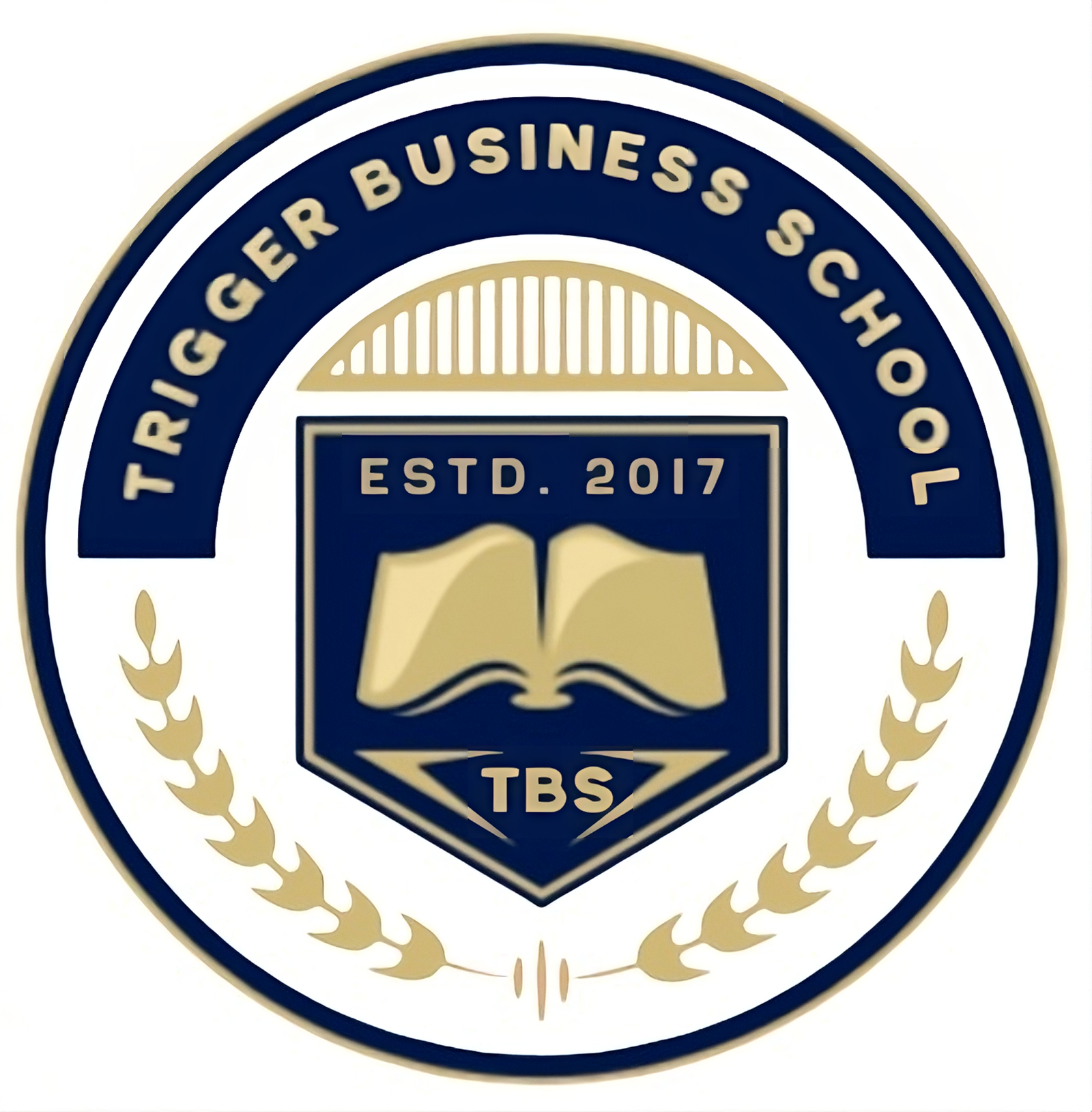Human Resource Management (HRM) is a strategic approach to managing people in organizations effectively to achieve business objectives. Often regarded as the backbone of an organization, HRM is critical for ensuring employee satisfaction, productivity, and alignment with organizational goals. For MBA HR students and HR professionals, understanding HRM principles is essential for building a successful career in human resources.
Key Functions of Human Resource Management
HRM covers a broad spectrum of responsibilities aimed at optimizing an organization’s human capital. Below are the core HR functions that every HR professional must master:
1. Recruitment and Selection
Recruitment and selection are fundamental HRM processes. This involves attracting top talent, crafting compelling job descriptions, leveraging recruitment platforms, and conducting structured interviews to select the right candidates. Effective recruitment strategies ensure the organization hires individuals who align with its culture and objectives.
2. Employee Onboarding and Training
A well-structured onboarding program is crucial for employee retention and engagement. HRM facilitates seamless onboarding experiences and organizes employee training programs to develop skills and improve productivity. E-learning platforms and personalized training plans are popular tools used by HR professionals today.
3. Performance Management
Performance management systems help HR measure and enhance employee performance. This includes setting SMART goals, conducting performance appraisals, and using feedback mechanisms like 360-degree reviews. For HR professionals, mastering performance management tools is key to driving organizational success.
4. Compensation and Benefits
Competitive compensation and benefits packages are critical for attracting and retaining talent. HR professionals design salary structures, bonuses, health insurance plans, and other employee benefits to meet workforce expectations while aligning with budget constraints.
5. Employee Relations
Building strong employee relations fosters trust and collaboration. HRM addresses workplace grievances, resolves conflicts, and ensures compliance with labor laws. MBA HR students should focus on learning conflict resolution techniques and labor law frameworks.
6. Training and Development
Training and development programs ensure employees stay updated with industry trends and acquire new skills. HR professionals design leadership development initiatives, soft skills training, and technical upskilling workshops to meet organizational and individual career goals.
7. Compliance and Legal Responsibilities
Compliance with employment laws is non-negotiable. HR professionals ensure adherence to labor regulations, workplace safety standards, and employee documentation requirements. This function is crucial for mitigating legal risks and maintaining a positive employer brand.
Importance of Human Resource Management
HRM is vital for creating a high-performing and engaged workforce. Here are some key reasons why HRM is indispensable:
- Aligning Goals: HRM ensures employees work towards the organization’s mission and vision, fostering strategic alignment.
- Boosting Productivity: Through effective performance management and training, HR professionals enhance workforce efficiency.
- Fostering a Positive Culture: HRM builds inclusive and employee-friendly workplaces that attract and retain top talent.
- Adapting to Change: HR plays a pivotal role in managing organizational changes, whether due to digital transformation, workforce diversity, or economic challenges.
How HRM Supports MBA HR Students and HR Professionals
For MBA HR students and HR professionals, mastering HRM concepts opens doors to diverse career opportunities in recruitment, talent management, HR analytics, and more. Understanding HRM tools, technologies like HRMS (Human Resource Management Systems), and emerging trends in HR is essential for career growth.
Conclusion
Human Resource Management is a cornerstone of organizational success. By leveraging HRM strategies, HR professionals and MBA HR students can effectively manage workforce challenges, foster innovation, and drive sustainable growth. Whether you’re exploring HR as a career or seeking to enhance your expertise, delving into HRM concepts is the first step to excelling in this dynamic field.
